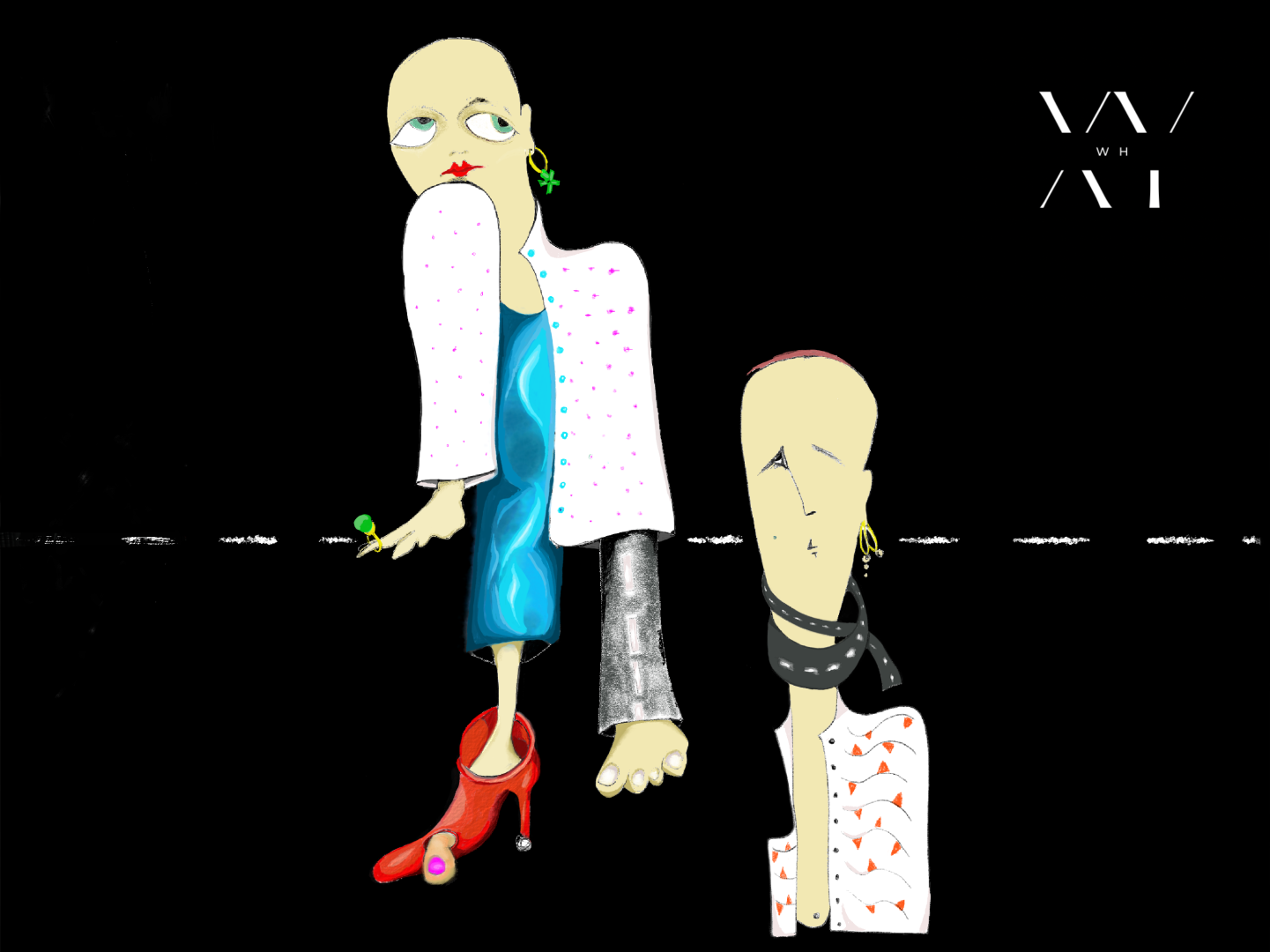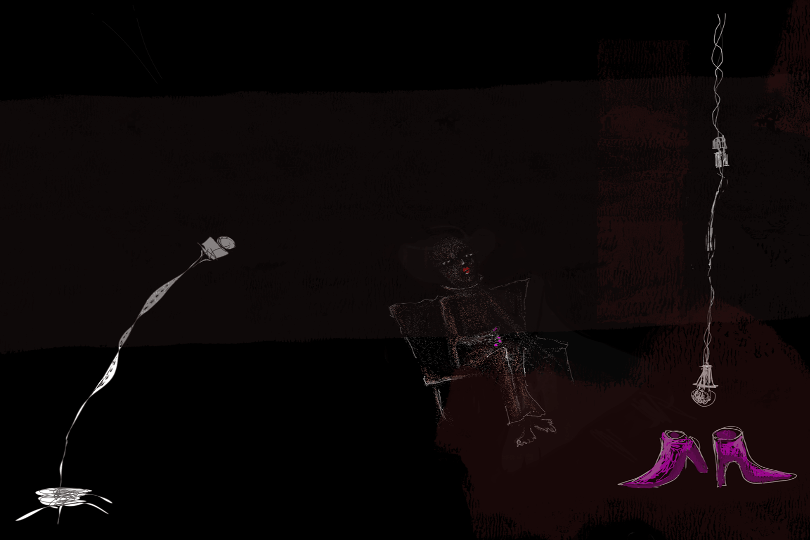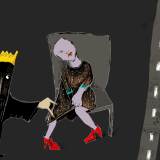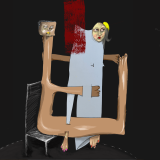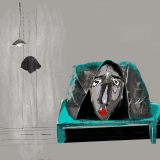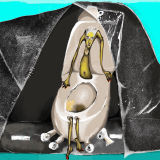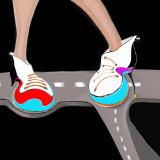Enab Baladi conducted an opinion poll on its official website and social media platforms on the role of women’s organisations in northern Syria. The poll was answered by 1,566 people, of which 67 percent said that the organisations have a limited role in supporting and empowering women and changing society’s attitudes towards them, while the remaining 32 percent said the opposite.
Empowerment vs “slow change”
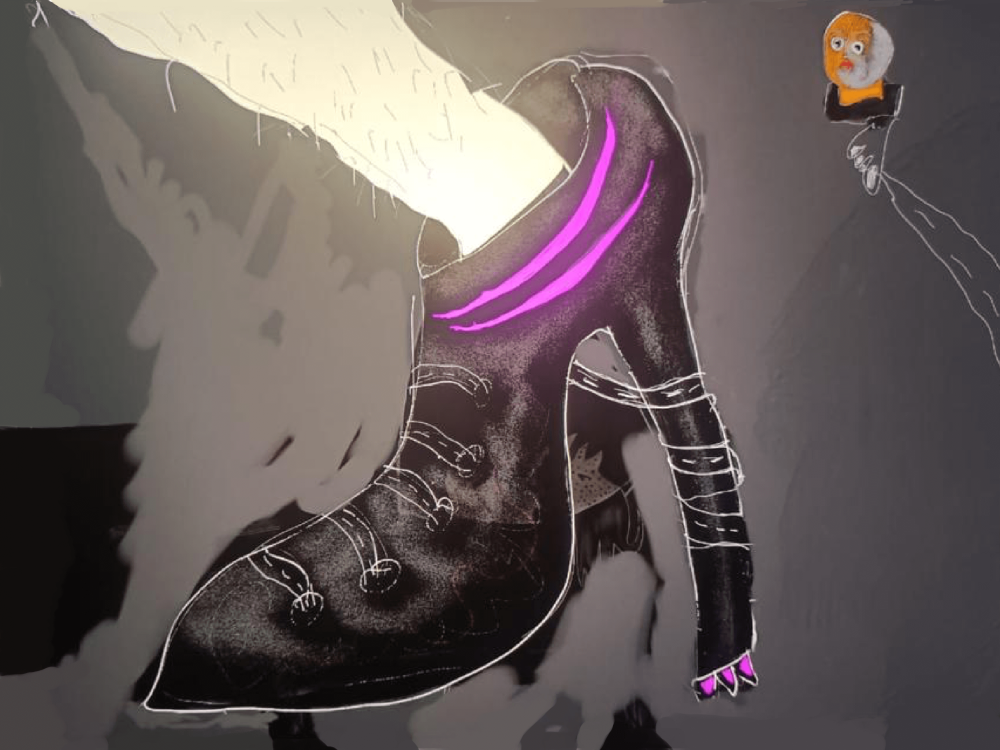
The author of studies and member of the board of Women’s Empowerment (Mazaya) Office in Idlib, Ethar Allam, said that vocational training has a positive impact, but the challenge lies in finding jobs for women trainees after training, given that society lacks large-scale production projects that could provide good job opportunities for women.
Several factors hamper the work of women’s organisations, including the lack of social acceptance of their work, the de facto authorities’ rigid rule, continuous displacement, instability caused by repeated attacks by the Syrian regime and its Russian ally and the deteriorating economic situation.
Through their centres in north-western Syria, a group of women’s organisations work on activities to empower women socially, economically and politically. However, these organisations face challenges that slow down their activities’ impact or annihilate it in some sectors.
The organisation is not facing any restrictions or harassment and continues to hold workshops and training on community reintegration, digital security and women’s rights. Still, the organisation is cautious about naming these training projects; for example, a gender-based training programme would be announced to the public under the name of ‘social roles’ to be more accepted by people.
Housewives are not targeted by empowerment
About 90,000 women have benefited from the courses provided by Busla, according to Hassan Junaidi, project management trainer at Busla Foundation for Development and Creativity. “Since its inception in 2014, there have been approximately 185,000 beneficiaries of the courses held, of which women represent 48.8 percent,” he added.
In Gaziantep, there are approximately five institutions working mainly on the issue of women’s empowerment affiliated with Busla Foundation.
The economic empowerment programme focuses on women. We have implemented approximately 78 empowerment programmes, initiatives, activities, projects and training workshops. However, there is difficulty in financing these activities and the reason is simply that the target group (home-based business owners) is unfortunately not of interest. Rozana *
I shy away from this, it is shameful, just not right...

“Many of my women friends have said that we are not used to talking about finances. It is considered one of the big taboos in our societies, and it occupies a significant place in our long list of shameful items and issues, especially for women.
It was funny to read that more than a quarter of women would rather criticise their partner’s sexual performance than talk about money. In the study conducted by Fidelity International, 16 percent of women consider discussing financial matters the worst discussions that can be had with a partner. So how can we openly negotiate our wages with HR if we’d rather break the silence about our sexual frustrations than discuss who will pay the next electricity bill?”
“I do not think that we have been brought up in the Arab world to think about financial independence, as spending has always been the man’s responsibility, and even when a woman spends, she often spends cautiously for fear of hurting the fragile masculinity of the man in the house. The man always has the same fortunes as that of two of us.”
Why do we have to demand our wages?
Why not?
“If we have the material burdens, the qualifications, the right, and we are asked to do the work, why not ask for a fair wage for it too?
“Almost never in history has anyone received their rights without a fight. Since today we are approaching the world of ‘if you demand a penny then you are worth a penny,’ our reluctance to claim our material rights contributes to the consolidation of the stereotype that we do not deserve them. This perpetuates the inner feeling of unworthiness that guaranties our imprisonment as hamsters on spinning wheels, running and running for nothing.
“The family of which we usually bear the largest share of burdens will not finance itself, and the higher income will allow for the improvement of the living conditions of family members. Do we have to explain the importance of money in a capitalist world? In addition to all of the above, by reducing the wage gap, a man can regain his right to spend time with his family instead of working long hours in order to meet material needs.
“The most important reason is simply because we deserve this. We deserve fair wages for the work that we have dug into, the countless layers of rock, those hours, to be able to perform it professionally. Our gains have never been free, so let us raise our voices, then. We serve humanity by saying no to unfair working conditions.” Aljumhuriya *
XwhY
XwhY is a reader of gender and sexuality related-content that represents the problems and challenges faced by women and LGBTQIA+ communities in Syria and the region.
